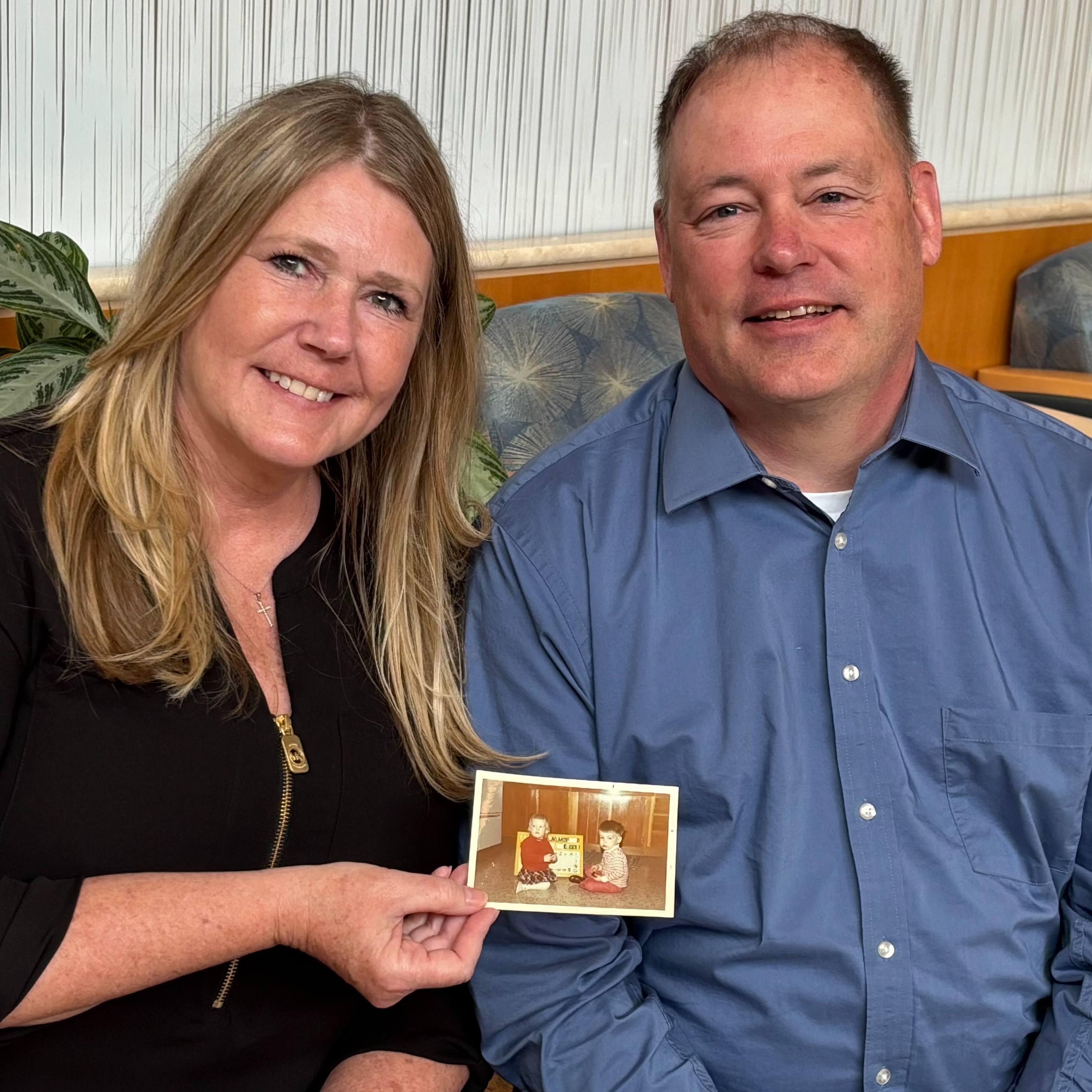-
Mayo Clinic Minute: Daytime sleepiness linked to Alzheimer’s
Do you catch yourself yawning during the day and yearning for an afternoon nap? You could be at more risk for Alzheimer's disease. A recent study published in JAMA Neurology found a potential link between excessive daytime sleepiness and the memory loss disease. Researchers took a look at imaging scans of the brains of several hundred patients from the Mayo Clinic Study of Aging.
Jason Howland has more in this Mayo Clinic Minute.
Journalists: Broadcast-quality video pkg (1:00) is in the downloads. Read the script.
If you're not getting a good night's sleep, are you more at risk for Alzheimer's later in life? Yes, say some Mayo Clinic researchers.
"We found that people who had excessive daytime sleepiness symptoms had greater amyloid deposition over two years," says Dr. Prashanthi Vemuri, a radiology researcher at Mayo Clinic.
Amyloid is a protein that deposits in the brain. It's one of the earliest signs of Alzheimer's. The Mayo Clinic study found more amyloid in the brains of those who had poor sleep quality.
"More amyloid in the brain suggests that there would be a greater risk of Alzheimer's disease," says Dr. Vemuri.
Researchers say that's important because addressing sleep issues and improving sleep quality could potentially prevent Alzheimer's in some patients.
"Further investigation needs to be done [regarding] what kind of sleep issues and disorders that need to be treated that directly impact Alzheimer's disease," says Dr. Vemuri.
The study shows that poor sleep is a risk factor for Alzheimer's but doesn't show a concrete relationship between the two. If you have underlying sleep issues, address them with your health care provider.







